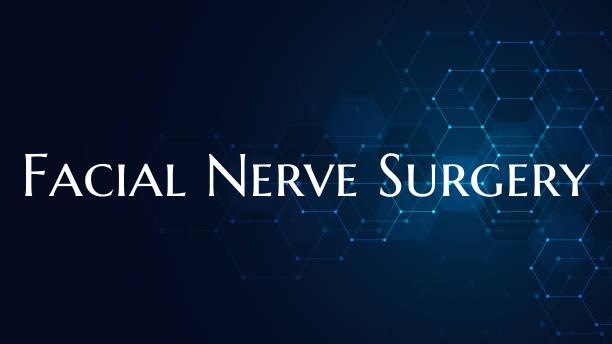
Facial Nerve Surgery
Facial nerve surgery is a complex medical procedure aimed at addressing issues related to the facial nerve, which is responsible for controlling the movement of the muscles in the face. This surgery may be recommended to treat various conditions that affect the facial nerve, such as facial paralysis, neurological disorders, or tumors.
Procedure: Facial nerve surgery is typically performed by a specialized surgeon, such as a neurosurgeon or an otolaryngologist. The specific approach to the surgery will depend on the underlying condition being treated. In cases of facial paralysis, the surgeon may repair or reconnect the damaged facial nerve, or transfer a healthy nerve from another part of the body to restore function.
During the procedure, the patient is usually under general anesthesia to ensure comfort and safety. The surgeon will make precise incisions and work delicately to access and repair the affected facial nerve. Advanced surgical techniques and equipment are utilized to minimize risks and optimize outcomes.
Recovery: Recovery from facial nerve surgery can vary depending on the extent of the procedure and individual factors. Patients may experience some pain, swelling, and numbness in the immediate post-operative period, which can be managed with prescribed medications. It is important to follow the surgeon's post-operative care instructions diligently to promote healing and reduce the risk of complications.
Physical therapy and rehabilitation may be recommended to help restore facial movement and function following surgery. Patients are advised to be patient with the recovery process, as improvements in facial nerve function may take time and require consistent effort.
Potential Outcomes: The outcomes of facial nerve surgery can vary from patient to patient. Some individuals may experience significant improvements in facial movement and function following surgery, while others may have more modest results. It is crucial to have realistic expectations and maintain open communication with the medical team throughout the recovery process.
In some cases, additional procedures or therapies may be needed to optimize the outcomes of facial nerve surgery. Patients should attend follow-up appointments regularly and report any concerns or changes in their condition to their healthcare provider promptly.
In conclusion, facial nerve surgery is a specialized procedure that can offer hope and improved quality of life for individuals facing facial nerve-related conditions. By understanding the procedure, following post-operative care instructions, and staying proactive in the recovery process, patients can maximize their chances of a successful outcome.